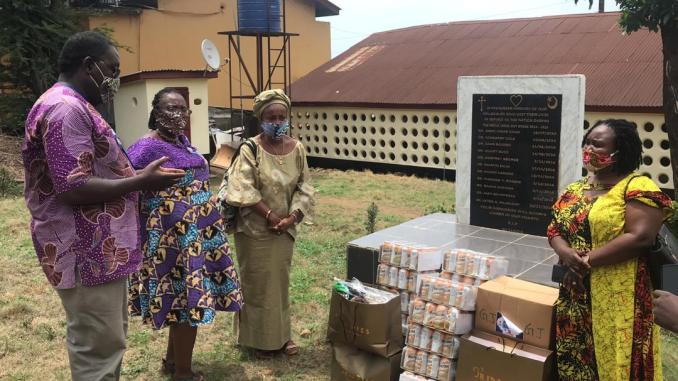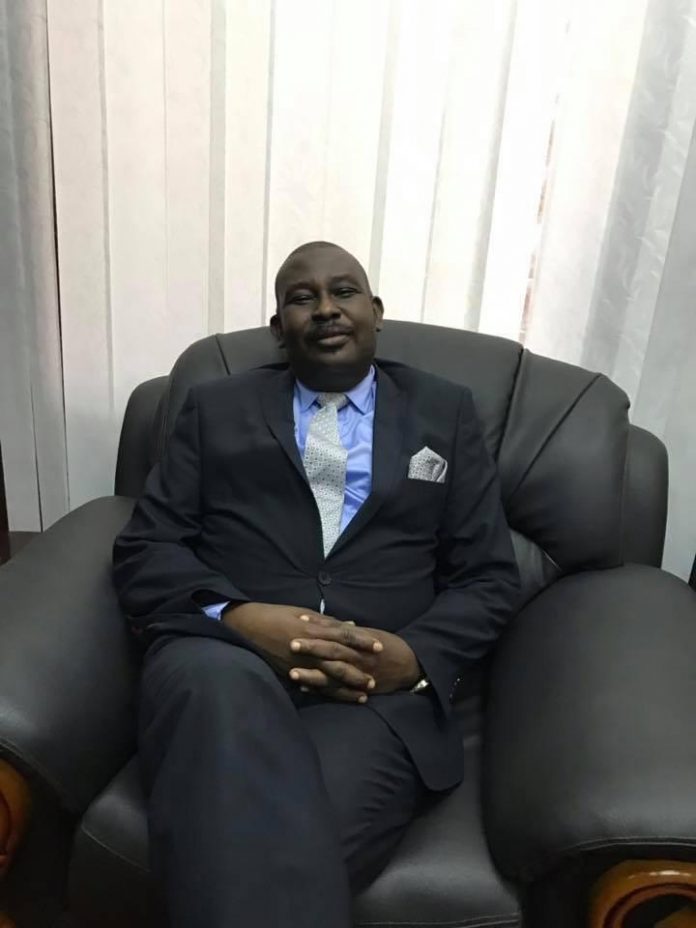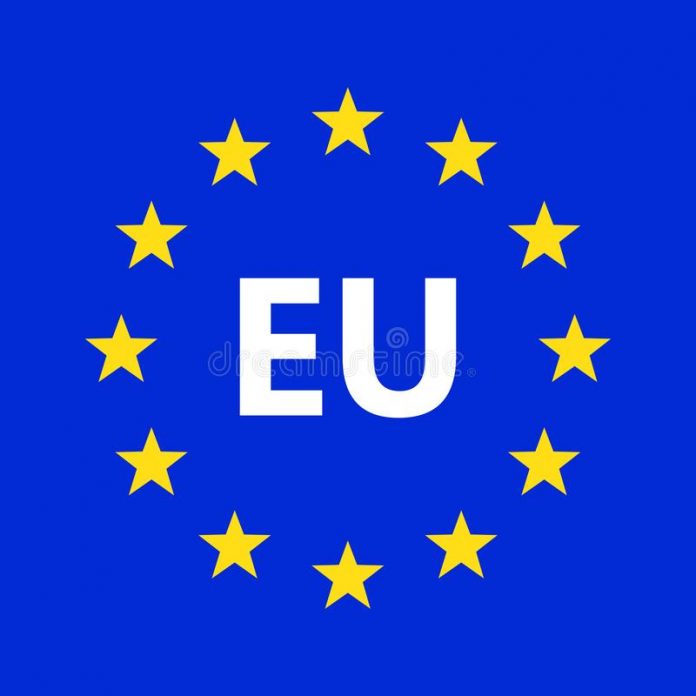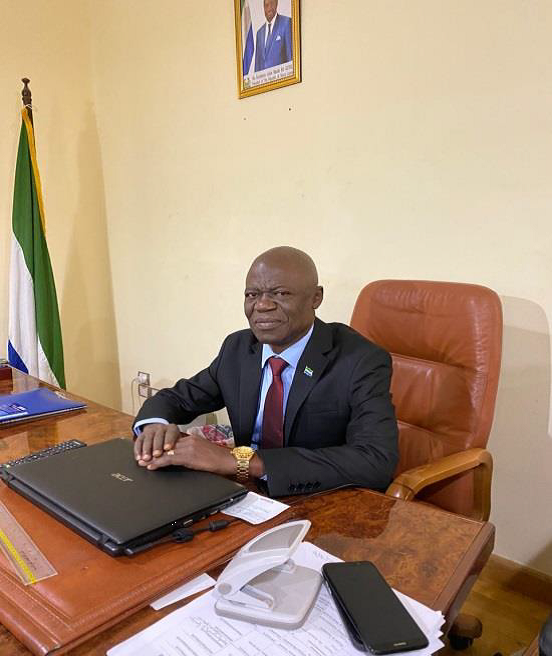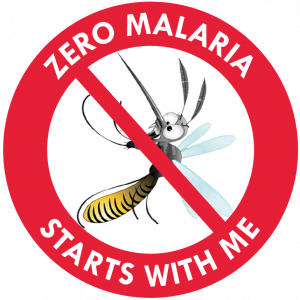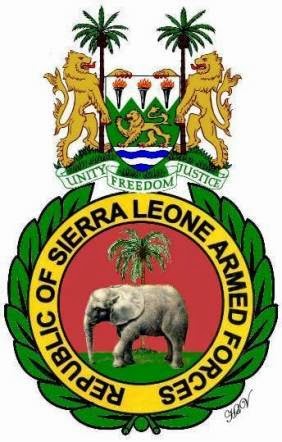By Foday Moriba Conteh
The 2018 All People s Congress Flagbearer, Dr. Samura M.W. Kamara has on Tuesday 28th April, 2020 in a Press Statement urged the Government of Sierra Leone to put together the State of Public Health Emergency and The Regulations and properly table them in Parliament, gazette and publicize them for the benefit of the populace.
He disclosed that since His Excellency the President, Julius Maada Bio declared a State of Public Health Emergency (SPHE) on March 24, 2020, there has been a plethora of orders from individual State functionaries and various institutions of Government restricting fundamental rights and freedoms ostensibly to contain the spread of COVID-19 virus.
He added that whilst some of those measures will no doubt help the fight against COVID-19, it is important to emphasize that our national constitution is very clear that such orders (under an emergency) must be orderly regulated.
The APC top notch politician said according to Section 29(5) of the 1991 constitution: “During a period of public emergency, the President may make such regulations and take such measures as appear to him to be necessary or expedient for the purpose of maintaining and securing peace, order and good governance in Sierra Leone or any part thereof.”
He noted that crucially, Section 170 (7) requires “….such regulations to be gazetted and tabled in Parliament’ for obvious reasons.
He said that, however, in addition to the public notice announcing the imposition of the curfew on Kambia district on April 3, 2020, several other press releases and/or public notices have been issued in disparate fashion including one imposing a nationwide curfew without due regard to Parliament, contrary to the aforesaid provisions of our Constitution.
“In light of the above, Government must endeavour to put together the SPHE regulations, properly table them in Parliament, gazette and publicize them,” he demanded.
He said that if the regulations are put together and SPHE properly tabled in Parliament, gazetted and publicized the public would be adequately guided as to what is required of them under the circumstances. This will also help to ensure clarity and certainty in fighting against the pandemic.
“Suffice it to say that I am not unsupportive of Government’s efforts to fight this pandemic. But as was done during the successful fight against the Ebola virus epidemic, Parliamentarians from all political parties, local councils, traditional and religious leaders as well as civil society actors, must all be brought on board as frontline fighters to ensure that together, we defeat this invisible Coronavirus disease in our country. But again as we do so, we should endeavour, even in an emergency, to comply fully with our Constitution and respect the fundamental human rights and dignity of our citizens,” Dr. Samura averred.
He therefore urged Members of Parliament across the political aisle, to put aside partisan considerations and to do the needful by elevating to the true aspirations of their constituents of checking the excesses of the Executive



